Posted on 8/26/2024

Car insurance is designed to protect you financially in the event of an accident or other damage to your vehicle, but understanding when repairs are covered can be confusing. Not all repairs fall under the umbrella of your insurance policy. Knowing what is covered and what isn’t can help you avoid surprises when you need to file a claim. Understanding the Different Types of Car Insurance Before diving into what repairs are covered, it’s essential to understand the different types of car insurance policies and what each one typically covers: Liability Insurance: Covers damage you cause to other people or property. It doesn’t cover repairs to your own vehicle. Collision Insurance: Covers damage to your vehicle resulting from a collision, regardless of who is at fault Comprehensive Insurance: Covers damage to your vehicle from non-collision incidents such as theft, vandalism, fire, or natural disasters Uninsured/Underinsured Motorist Coverage ... read more
Posted on 7/24/2024

The clutch is a key part of a car's transmission system, especially in vehicles with manual transmissions. It helps control the power transfer between the engine and the wheels, allowing for smooth gear changes. Let’s dive into the details! THE BASICS OF A CLUTCH A clutch is a mechanical device that connects and disconnects the engine's power to the wheels. This function is essential for starting, stopping, and shifting gears in a manual transmission car. HOW DOES A CLUTCH WORK? Here's a simple breakdown of how a clutch works: Clutch Pedal: The pedal you press with your foot. Pressing it moves clutch components to engage or disengage the engine from the transmission. Clutch Disc: A friction plate between the engine’s flywheel and the pressure plate. When the clutch is engaged, the disc is pre ... read more
Posted on 7/15/2024

Maintaining your vehicle's transmission is crucial for ensuring its longevity and smooth operation. Two common maintenance procedures are the transmission flush and the drain and fill. While both change the transmission fluid, they differ in their approach and effectiveness. Let's dive into the details of each method to understand their differences better. Transmission Flush A transmission flush uses a machine to completely remove the old transmission fluid from the system. This process replaces the fluid by adding new fluid through the transmission cooler lines. And removes the old fluid at the same time. Here are the key aspects of a transmission flush: Complete Fluid Replacement: A transmission flush ens ... read more
Posted on 6/17/2024

Have you ever heard your car squeaking or creaking as you drive down the road? Or maybe you’ve noticed that your car is pulling to one side, or the steering wheel isn’t quite centered. If so, you might have an issue with your ball joints. But what are ball joints? Let's discuss what ball joints are on a car and why they’re important to your vehicle’s performance and safety. Ball joints are part of your car’s suspension system, which is responsible for absorbing shock and providing a smooth ride. They’re found on the front suspension of all vehicles. They connect the steering knuckle to the control arm. Ball joints are basically a pivot point that allows the wheels to turn and move up and down as you drive over bumps and uneven surfaces. Ball joints are important because they allow your car to absorb shock and maintain proper wheel alignment. If the ball joints are worn or damaged, your car’s handling and ride qual ... read more
Posted on 5/30/2024

Have you ever noticed a strong gasoline smell in or around your car and wondered why? This can be concerning for safety and the health of your vehicle. Let’s explore the common causes and solutions for why your car smells like gas. 1. Fuel Leak A fuel leak is one of the most obvious reasons your car smells like gas. Leaks can occur at various points in your vehicle’s fuel system, including: Fuel Tank: A crack or hole can cause gas to seep out. Fuel Lines: Corroded or damaged lines can leak gasoline. Fuel Injector: A malfunctioning injector can leak fuel. Solution: If you suspect a fuel leak, address it immediately. Leaks can be dangerous, increasing the risk of fire. Have a mechanic inspect and repair any leaks to ensure your vehicle is safe. 2. Faulty Gas Cap A loose, damage ... read more
Posted on 4/30/2024
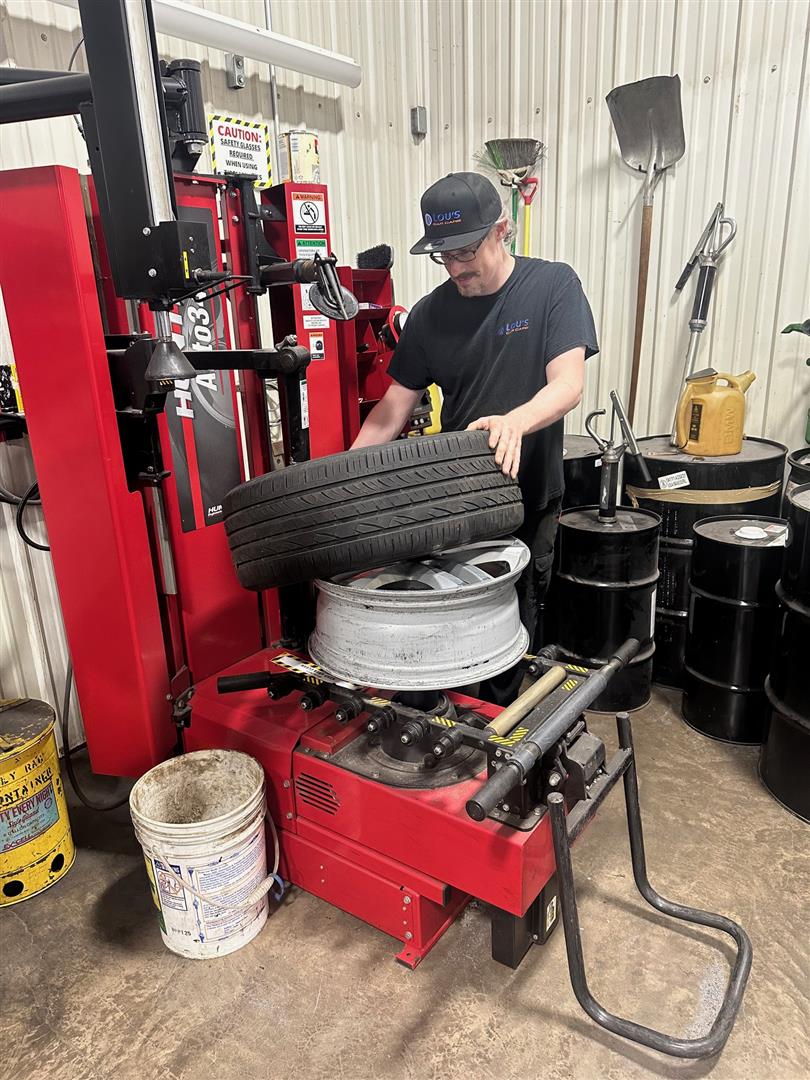
Are you wondering how new tires are installed on your vehicle? Changing your tires is essential to ensure your safety, improve your driving experience, and prevent accidents. But if this is your first time changing your tires, you might be feeling overwhelmed with the process. In this blog, we'll explain the steps involved in how new tires are installed on your car. There are a few signs to look out for. If you notice your tires are wearing unevenly, or if you see any cracks or bulges in the sidewalls of your tires, it's time to get new ones. If you often drive in rainy or snowy conditions, it's a good idea to check your tires' tread depth regularly. Tires with worn-down treads won't be as effective at gripping the road, which can be dangerous. Once you've determined that it's time for new tires, it's time to ... read more
Posted on 4/11/2024
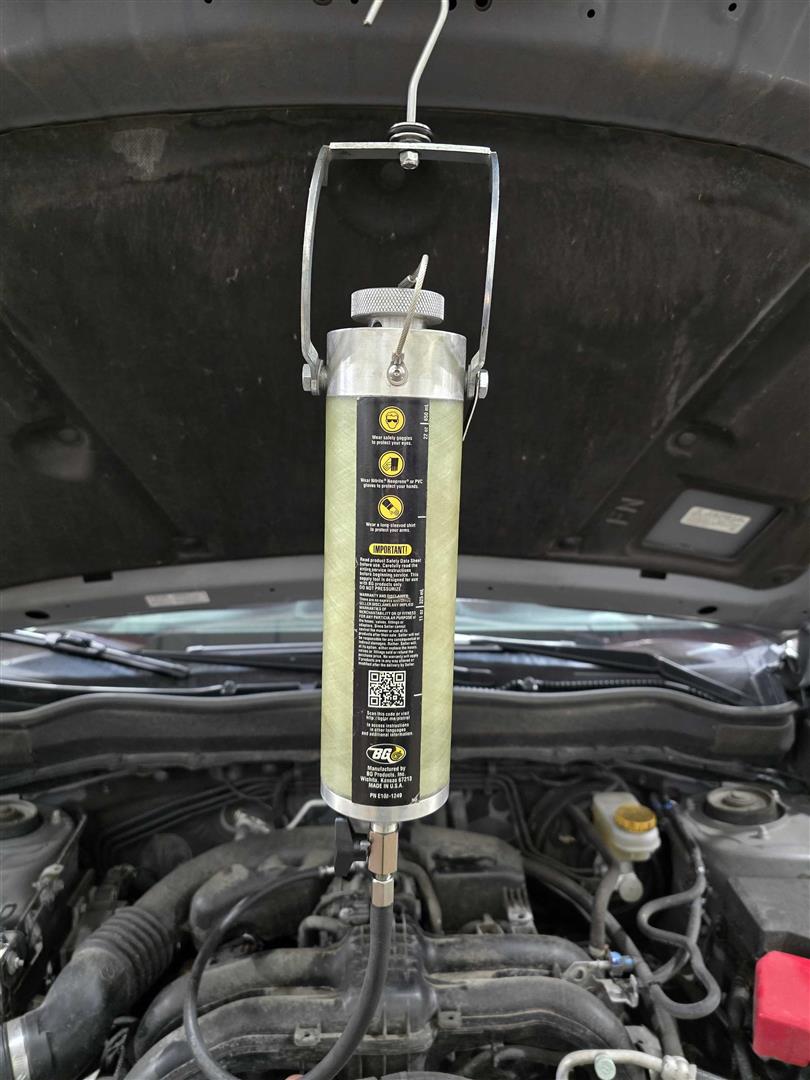
If you are a car owner, you have probably heard of fuel injection service. But what exactly is it, and why is it important? A fuel injection service is a procedure for your car's fuel system. Let's delve deeper into what fuel injection service entails and why it's essential. What Is Fuel Injection? Fuel injection is a computer-controlled system that delivers fuel to the engine in a car. The system uses sophisticated sensors to determine the amount of fuel needed. And the optimal air-to-fuel ratio for combustion. In the past, car engines used a carburetor to regulate the amount of fuel and air intake. Fuel injection systems have become more common in cars as they are more efficient. They also offer better engine performance. What Is A Fuel Injection Service? A fuel in ... read more
Posted on 3/11/2024
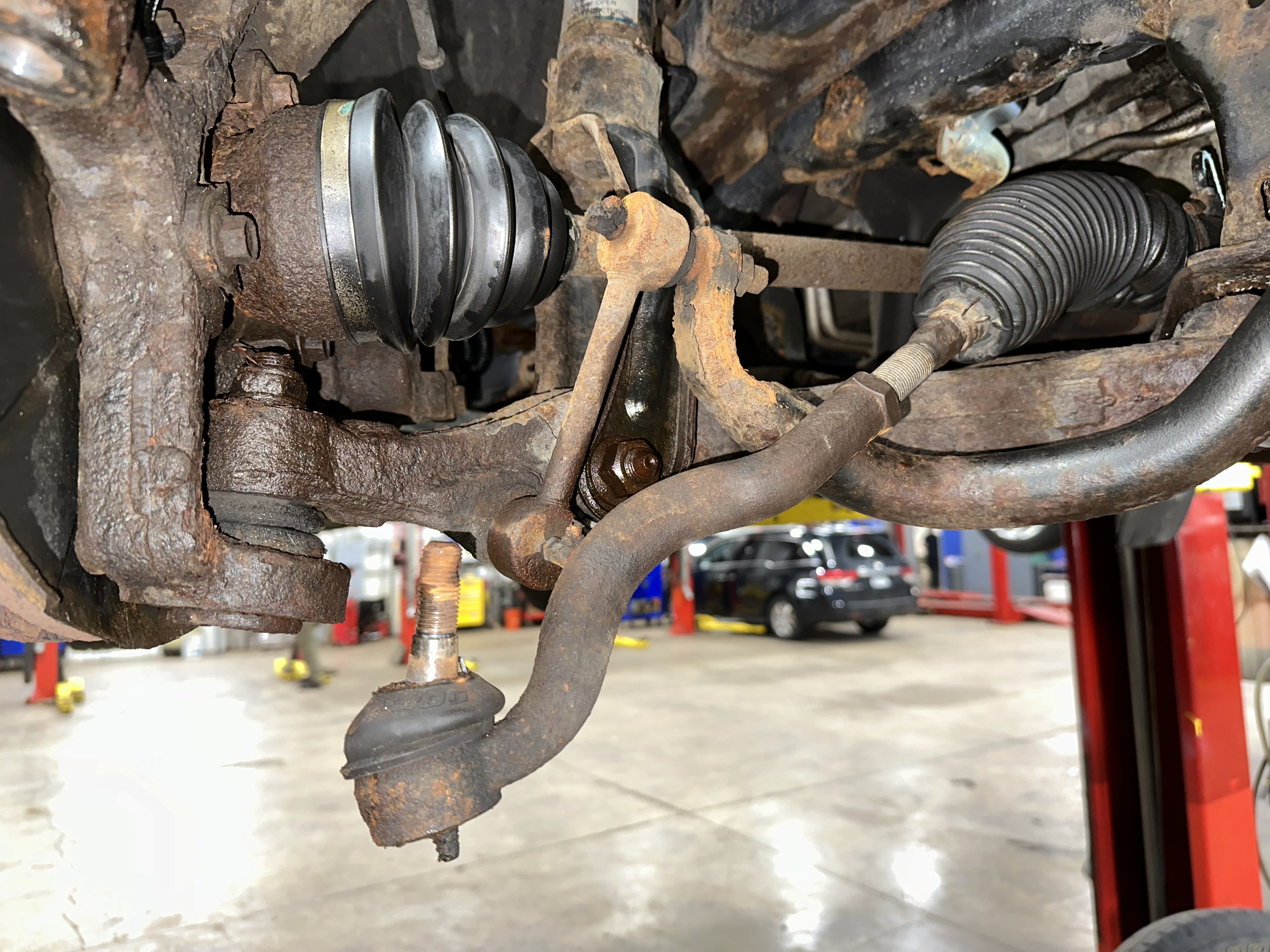
Ever wondered how we can smoothly steer a car around corners with just a turn of the steering wheel? Well, it's all thanks to a cool thing called a "rack and pinion." Let's dive in and learn about this nifty mechanism that makes driving so much easier. What is a Rack and Pinion? Imagine you're turning the steering wheel of a car. Inside, there's a clever setup called a rack and pinion. Picture a toothed bar (the rack) and a toothed rod (the pinion) meshing together. When you turn the wheel, it spins the pinion, and that makes the rack move side to side. That's what helps steer the car. How Does It Work? Think of it like this: you've got a pizza cutter (the pinion) rolling along a slice of pizza (the rack). As you turn the handle (like the steering wheel), the blade (the pinion) moves side to side across the pizza slice ( ... read more
Posted on 2/6/2024
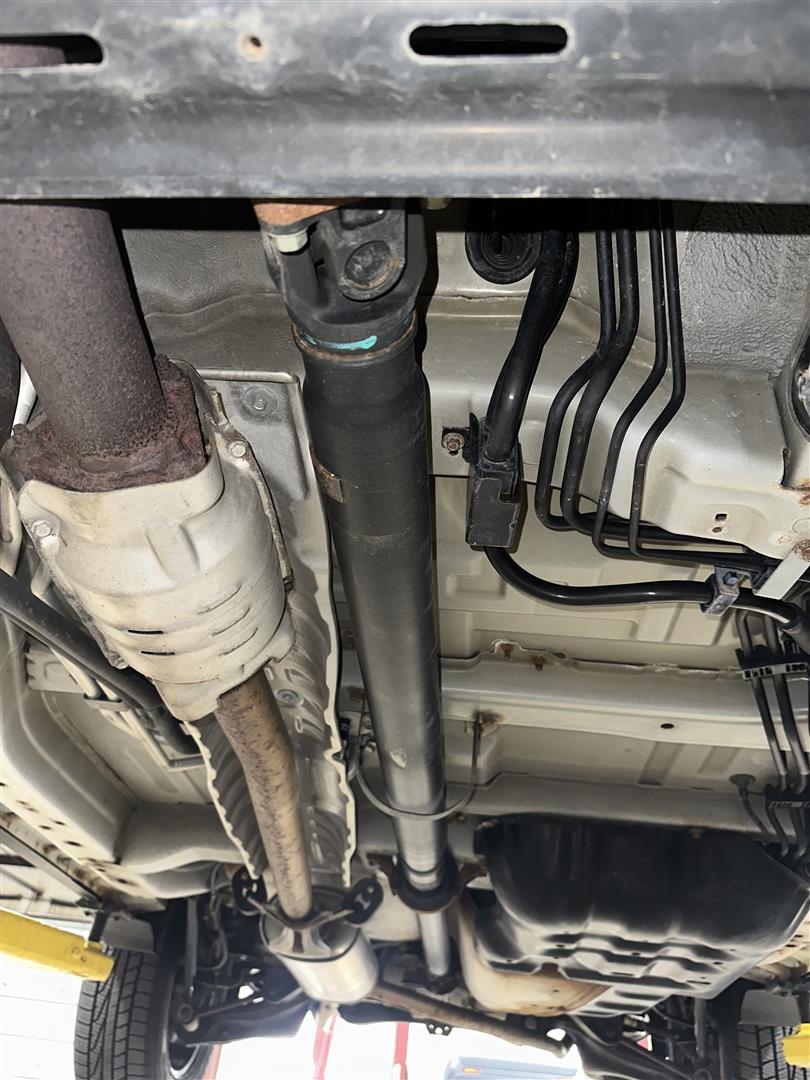
Driving a car can be an exciting experience one can have. However, many of us do not stop to ponder the various components that make up our cars. Today we will focus on one such component known as a driveshaft. Let’s discuss what a driveshaft is, what it does, and why it is important for your vehicle. What is a Driveshaft? A driveshaft is a mechanical component found in rear-wheel and four-wheel drive vehicles. The driveshaft transmits rotational power from the engine to the differential. The differential is the mechanism that enables the vehicle's wheels to rotate at different speeds. The driveshaft is a cylindrical metal rod, consisting of a slip yoke, U-joints, and a center support bearing. What does a Driveshaft do? The driveshaft transmits torque ... read more
Posted on 1/2/2024
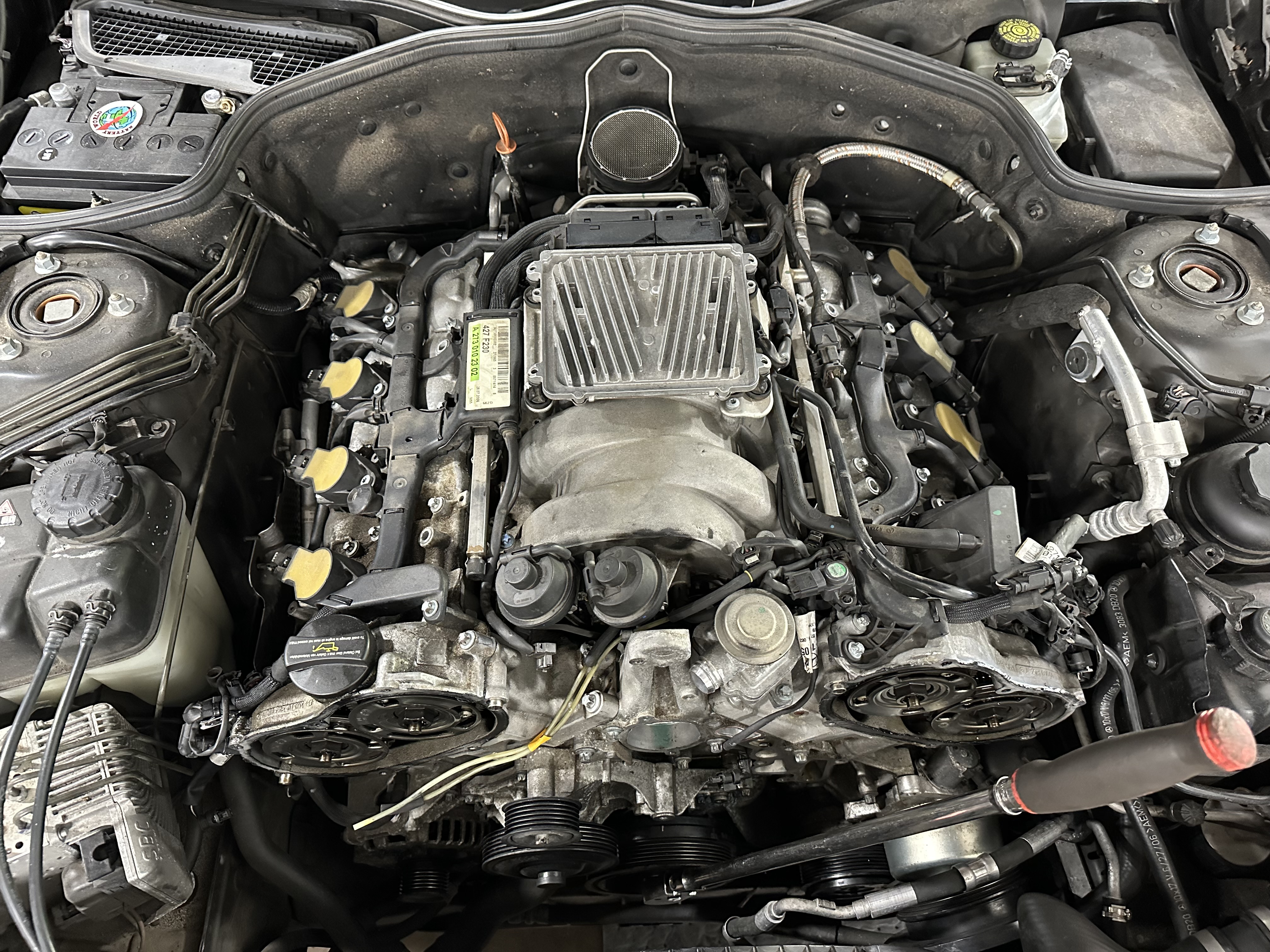
Ever wondered how to tell if your car's engine needs a little TLC? The engine is like the heart of your car, and keeping it healthy is crucial for a smooth ride. Let's explore simple signs and tips to help you know if your engine needs attention. Listen for Weird Noises: If your car starts making strange knocking or grinding noises, it might be a sign of a bad engine. Listen closely when you start the car and while driving. Unusual sounds can mean trouble! Watch the Smoke: If you see smoke coming from your car's exhaust, pay attention to the color. Black, white, or blue smoke can indicate different engine issues. For instance, blue smoke can mean the engine is burning oil. Check for Poor Performance: Is your car struggling to start or losing power? Difficulty starting, rough idling, or a loss of acceleration can be signs of engine trouble. Don't ignore these signs! In ... read more